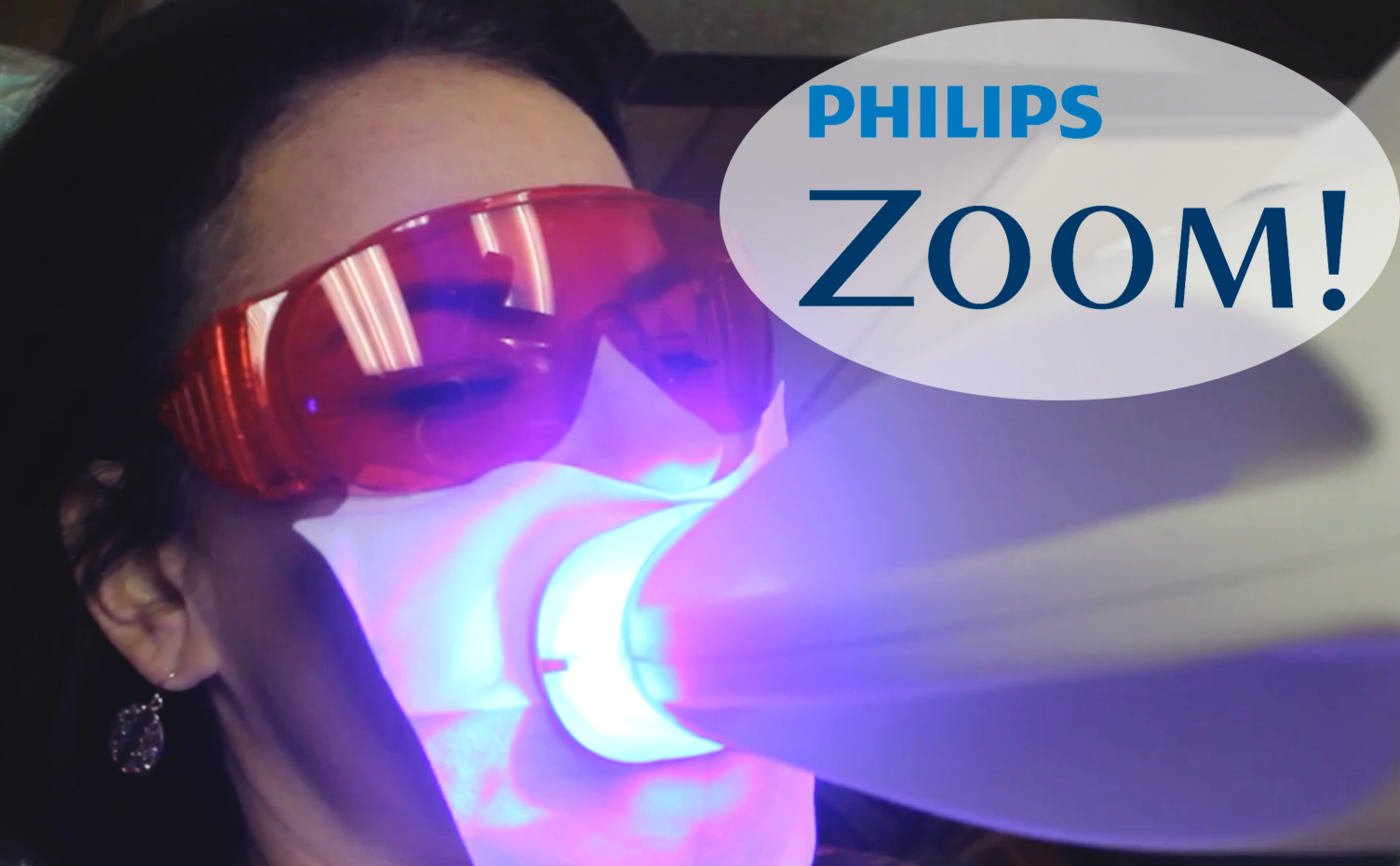A bright, white smile can boost your confidence, but choosing the right whitening method is key to achieving long-lasting results. With so many options on the market, it can be hard to decide between at-home whitening methods and professional treatments. Below, we’ll take a closer look at these techniques, compare their effectiveness and longevity, and help you determine what’s best for you.
At-Home Whitening Methods
At-home teeth whitening methods are popular because they’re convenient and affordable. Two of the most common options are whitening strips and LED whitening kits.
Whitening Strips
Whitening strips are thin, flexible strips coated with a peroxide-based gel. You apply them directly to your teeth for a set period, usually 20-30 minutes per day, over a couple of weeks.
Pros:
- Easy to use and widely available.
- Relatively inexpensive compared to professional treatments.
Cons:
- Results can be uneven if the strips don’t fully adhere to your teeth.
- Whitening may take weeks to achieve noticeable results.
- The effects typically last around 6 months, depending on diet and oral care.
If you use whitening strips, always follow the instructions closely to achieve the best results. For tips on when to brush after using them, check out this guide.
LED Whitening Kits
LED whitening kits combine a whitening gel with a light device to accelerate results. You apply the gel to your teeth and use the LED light to enhance the process.
Pros:
- Quicker results than strips, often within a week.
- Easy to use from the comfort of home.
Cons:
- Results may not be as dramatic or long-lasting as professional treatments.
- The effectiveness can vary depending on the brand and product quality.
- Maintenance is required to keep your teeth white, and results typically fade within 6-12 months.
LED kits are great for a quick touch-up, but understanding their effectiveness compared to professional options is key.
Professional Whitening Treatments
Professional teeth whitening, like Zoom! Whitening, is performed by a dentist and offers faster, more dramatic, and longer-lasting results compared to at-home options.
Zoom! Whitening
Zoom teeth whitening is a popular in-office treatment that uses a powerful gel activated by an LED light. The entire process is completed in about 90 minutes, delivering teeth that are up to 8 shades lighter in just one visit.
Pros:
- Immediate and noticeable results in just one session.
- Professional application ensures even whitening and minimizes risks.
- Results can last 1-3 years with proper maintenance.
Cons:
- Higher upfront cost compared to at-home methods.
- Mild sensitivity may occur after treatment.
Zoom! Whitening is ideal for busy individuals or special occasions like weddings. Plus, Lane & Associates provides take-home whitening trays for maintaining results.
Key Differences Between At-Home and Professional Whitening
| Feature | At-Home Methods | Professional Whitening |
| Cost | Most affordable | Higher initial cost |
| Effectiveness | Moderate, varies by brand | Consistently high |
| Longevity | 6-12 months | 1-3 years |
| Convenience | Do it yourself at home | One quick visit |
| Suitability | Mild to moderate stains | Severe staining |
Why Lane & Associates Is a Trusted Provider
When it comes to brightening your smile, the right provider can make all the difference. Lane & Associates Family Dentistry is a trusted name in North Carolina for professional teeth whitening and other cosmetic dental services. Here’s why patients choose Lane & Associates for their whitening needs:
- Experience: With decades of service, their team of dental professionals ensures your safety and comfort during any whitening procedure.
- Personalized Care: They tailor treatments to your specific needs, ensuring the best possible results.
- Convenience: With multiple locations across North Carolina, you can find an office near you for easy scheduling.
Which Option Is Right for You?
Both at-home and professional teeth whitening techniques have their benefits. At-home methods are great for minor touch-ups or those on a budget, while professional treatments like Zoom! Whitening offer faster, more dramatic, and longer-lasting results.
If long-lasting results and professional care are your priorities, consider booking an appointment with Lane & Associates Family Dentistry. Visit their Zoom! Whitening page to learn more and take the first step toward a brighter smile!

